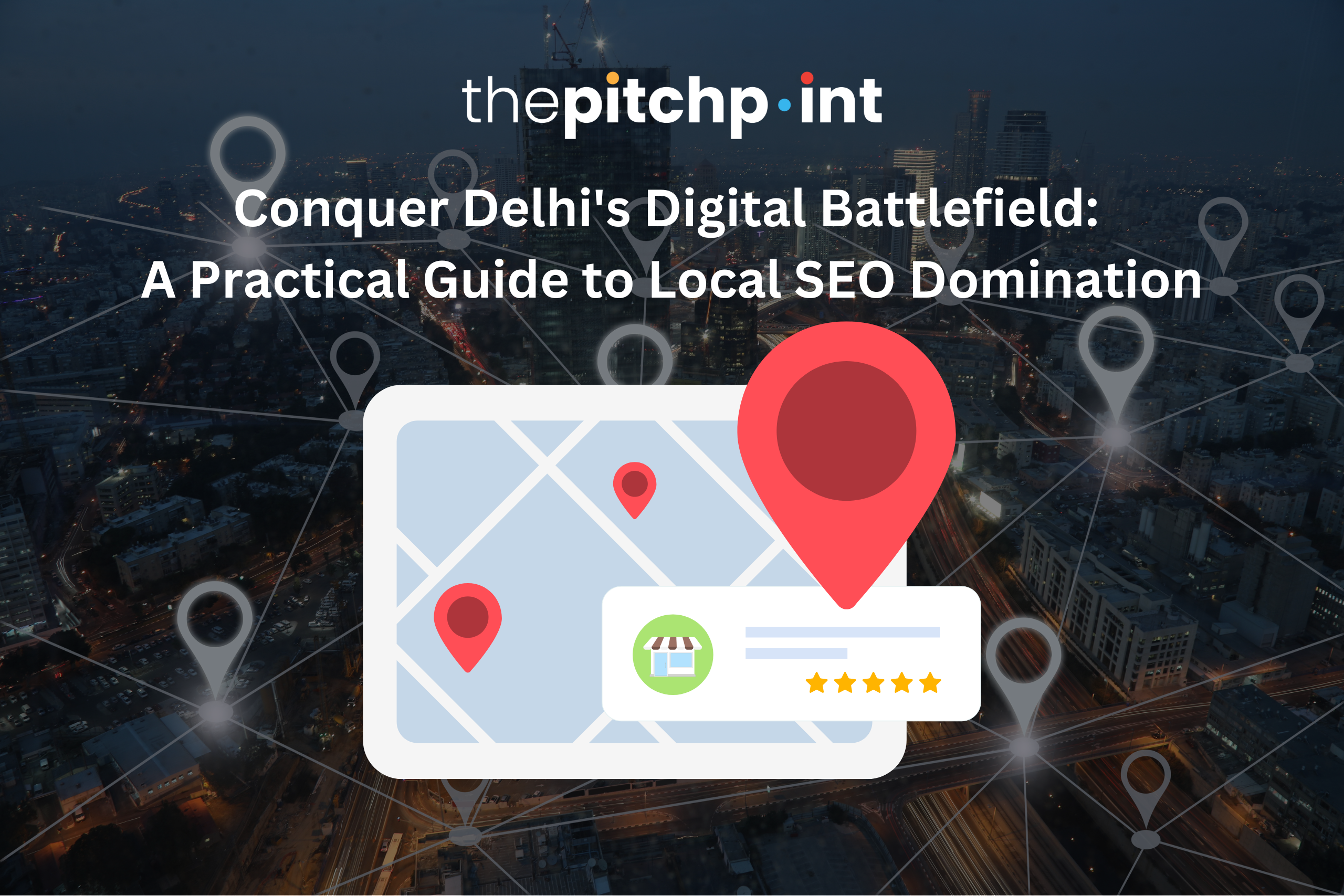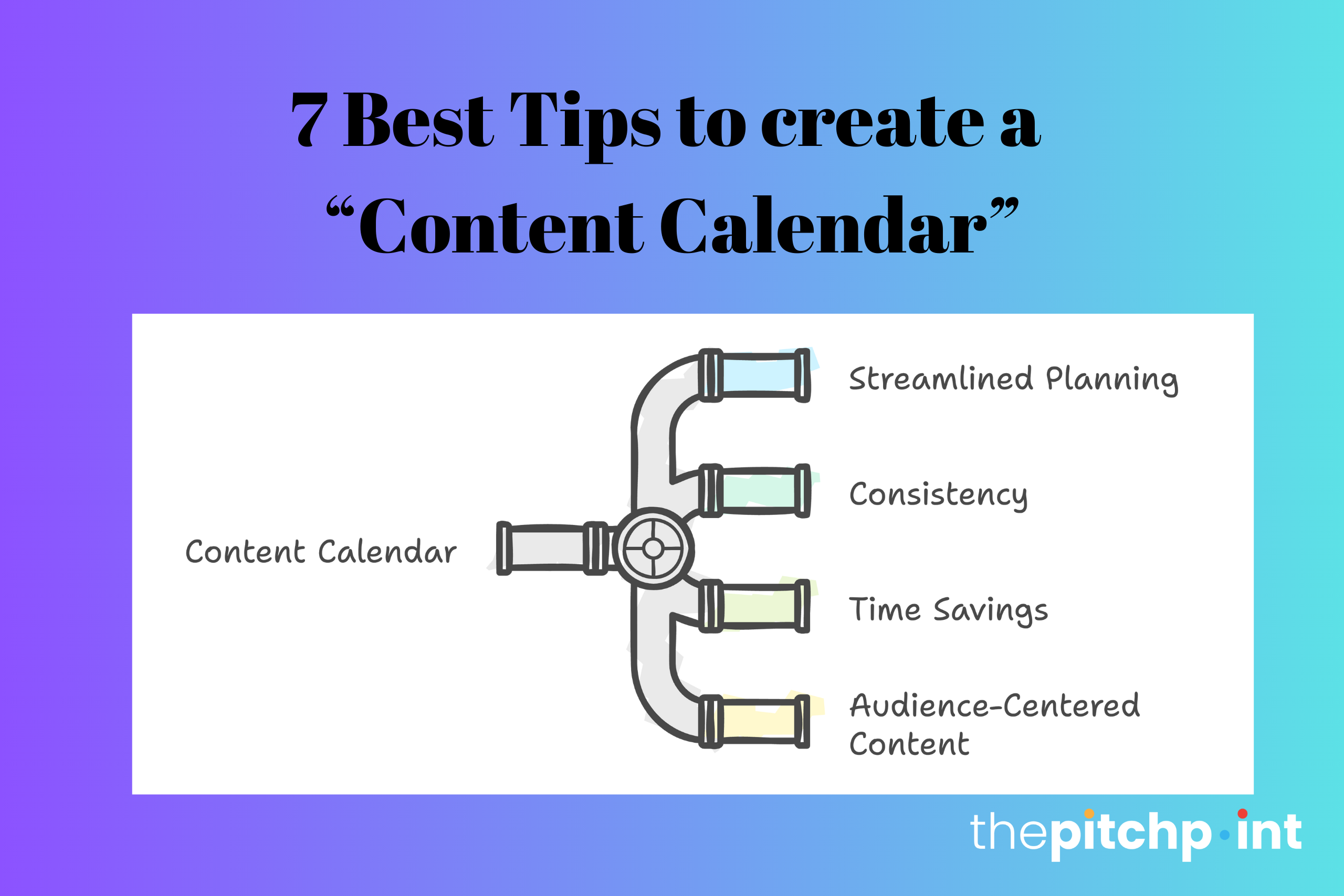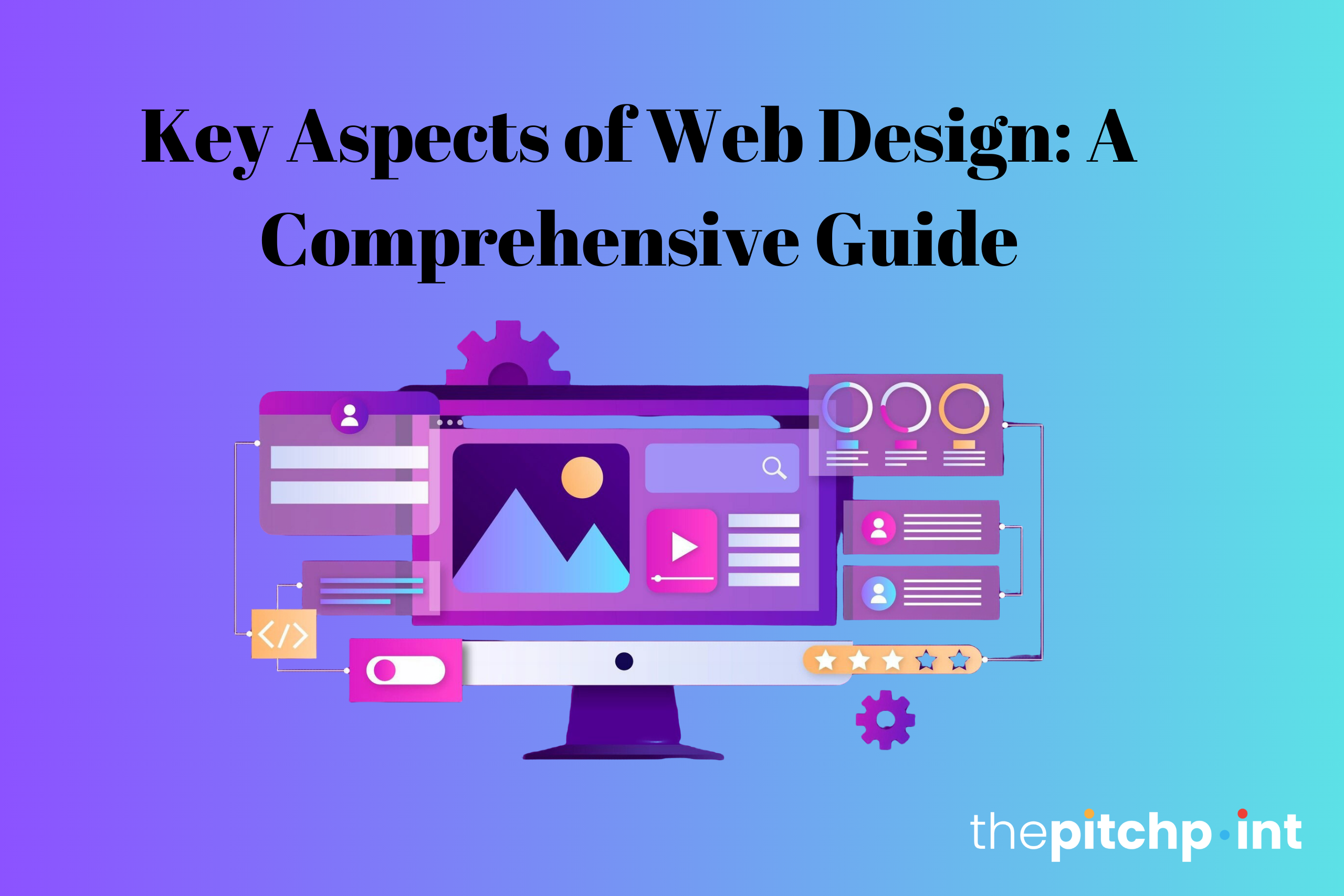Leveraging Influencer Marketing for Your Brand
In today’s dynamic digital landscape, where social media serves as a bustling hub for connectivity and content consumption, influencer marketing is a powerful strategy for businesses aiming to elevate their brand presence. This innovative approach involves collaborating with individuals who wield substantial influence and credibility within their social media spheres to effectively promote products and services.
With millions of users actively engaging on various social platforms daily, the potential reach and impact of influencer marketing are unparalleled. The essence of this strategy lies in leveraging the trust and authenticity that followers invest in their chosen influencers.
By strategically partnering with these influential figures, businesses can strategically position their offerings in front of diverse audiences, fostering brand awareness and potentially amplifying conversion rates. As per Statista, by the year 2023, the global value of the influencer marketing market reached an impressive 21.1 billion U.S. dollars, marking a substantial triple-fold increase since 2019. As the landscape of influencer endorsement evolves into a mature industry, the growth trajectory extends to the expanding size and value of influencer marketing platforms each passing year. This surge in scale renders collaborations between brands and creators increasingly lucrative, solidifying influencer marketing as a thriving domain with unparalleled profitability.
As we delve into the realm of influencer marketing, it becomes crucial to understand its fundamentals, how it operates, and whether it aligns with the objectives of your organization. Crafting a robust influencer marketing strategy is essential to maximize the benefits of this dynamic approach. Before exploring the intricacies of developing such a strategy, let’s navigate through the basics of influencer marketing and discern its suitability for your brand.
What is influencer marketing?
Influencer marketing serves as a dynamic approach that enables businesses to collaborate with individuals possessing a substantial following, thereby amplifying brand exposure. This strategy often involves enlisting individuals with a significant social media presence to share promotional content about products or services. The inherent trust that followers place in these individuals forms a crucial element, potentially leveraging a built-in trust factor to enhance the conversion rate.
A pivotal aspect of any effective influencer strategy lies in identifying influencers aligning with the ethos of your company. For instance, if your business specializes in facial moisturizers, seeking collaboration with an influencer renowned for promoting skincare products becomes paramount. This targeted approach ensures that the influencer’s audience, already interested in skincare, is more likely to respond positively to your offerings.
Upon identifying a suitable influencer, the next step involves initiating contact to explore potential collaboration. Negotiations may involve offering the influencer a commission on the products and services they promote. For instance, a commission structure of 10% on the revenue generated from their sales could be proposed. Evaluating the viability of such agreements and considering partnerships with multiple influencers can be integral components of a comprehensive influencer marketing strategy.
Types of influencer marketing
While teaming up with an influencer boasting millions of followers may seem like an ideal scenario, it may not always align with the specific needs of your brand.
Social media influencers come in various shapes and sizes, with some commanding extensive, diverse audiences spanning multiple demographics. On the other hand, there are influencers with smaller but highly engaged and targeted communities.
Understanding the unique advantages each type of influencer brings in terms of reach, demographic range, cost, and engagement is crucial when selecting the perfect fit for your brand. Lets undersrtand types of influencer marketing:
Mega/ celebrity influencers
These influencers, commonly referred to as mega influencers, boast an expansive following exceeding 1 million and often include renowned figures such as actors, musicians, athletes, and other public personalities. Leveraging their celebrity status, they have the capacity to capture the attention of a diverse audience, making them particularly well-suited for extensive brand awareness campaigns—
One such incident of how the acts of these influencers can heavy affect your brand image is, During the pre-match press conference for UEFA Euro 2020, the Portuguese football star Cristiano Ronaldo expressed dissatisfaction with the placement of two Coca-Cola bottles in front of him. In response, he deliberately moved the bottles out of the camera view, encouraging people to opt for water instead. This seemingly minor gesture had significant repercussions, resulting in a staggering $4 billion reduction in Coca-Cola’s market value, with its shares experiencing a 1.6 percent decline.
While mega influencers can offer unparalleled exposure for your brand, it’s essential to note that collaboration with them can come with a hefty price tag. Additionally, due to the broad nature of their audience, the engagement rates may not be as high compared to influencers with more niche followings.
Businesses that could benefit from partnering with mega influencers include:
- Large enterprise corporations equipped with substantial budgets and resources.
- Brands aiming to reach a broad audience with diverse characteristics.
- Luxury or high-end brands seeking to cultivate a sense of exclusivity.
Macro influencers
Within the follower range of 100,000 to 1 million, macro-influencers emerge as well-established figures within their specific niches. These influencers have built their credibility through consistent content creation and sustained engagement, evolving into thought leaders within their chosen domains.
In contrast to celebrities, macro-influencers offer a more focused approach, with followers typically sharing common interests. Collaborating with macro-influencers can yield substantial reach for your brand, although costs may still vary based on your budget constraints. One of the examples of macro influencer is, PewDiePie, This globally acclaimed YouTuber holds one of the highest subscriber counts worldwide, renowned for content spanning gaming, comedy, and commentary. Beyond his influential presence in the realms of entertainment, he has also made notable contributions to philanthropy. His achievements include breaking records for YouTube subscriber counts, engaging in impactful charity efforts, and establishing successful collaborations with various brands. Now a person with such a huge followers, can definitely impact your brand.
Examples of brands that may find value in working with macro-influencers include:
- Startups seeking rapid exposure, growth, and credibility (e.g., Canva).
- Nonprofit organizations aiming to raise funds and increase awareness.
- Hotels and airlines targeting a specific yet sizable audience.
Micro influencers
Micro-influencers, with follower counts ranging from 10,000 to 100,000, are emerging as the stars of influencer marketing. These individuals typically shine on specific platforms such as Instagram, YouTube, and TikTok, boasting highly engaged followers.
Marketers find great value in collaborating with micro-influencers due to their ability to captivate a niche, passionate audience through creative content, relatable recommendations, and genuine interactions. Despite being more budget-friendly compared to larger influencers, their effectiveness is noteworthy. Studies indicate that micro-influencers exhibit a 60% higher engagement rate than macro influencers and can drive a 20% increase in conversions for your brand.
Nano influencers
Nano-influencers have fewer than 10,000 followers. But these influencers often have strong connections with their audience, thanks to their personable content and authentic engagement.
While they offer the smallest reach, nano influencers can be excellent partners for businesses looking to target specific communities and demographics without breaking the bank.
Additionally, owing to their small-scale operations, nano-influencers can allocate more time and effort to individual partnerships. This translates to the creation of more customized content for your brand and the cultivation of personal relationships within niche communities.
Ideal candidates for collaborating with nano-influencers include:
- Local businesses aiming to target specific communities, cities, or regions.
- Small businesses operating within limited budgets seeking cost-effective campaign options.
- Artisan, home-based, or specialty food businesses looking to reach a niche audience intrigued by their unique products.
As per study, influencers hold greater trust among Millennials, with 50 percent relying on their suggestions compared to 38 percent for their favorite celebrities.
How to create an influencer marketing strategy
Creating an effective influencer marketing strategy involves the following key steps:
Determine Your Goals:
Clearly define your objectives: Whether it’s increasing brand awareness, product consideration, or driving sales. Align your influencer campaign with broader social media marketing goals and establish measurable targets.
Know your target audience: Identify the specific audience you want to reach with your campaign. Develop audience personas to ensure your influencers resonate with the right demographic, whether it’s your current audience or a new one.
Understand the Rules:
Familiarize yourself with influencer marketing regulations, especially those set by entities like the Federal Trade Commission (FTC). Ensure influencers disclose sponsored content appropriately to maintain transparency.
Consider the three Rs of influence: Assess influencers based on Relevance, Reach, and Resonance. Seek influencers whose content is relevant to your business, has a suitable reach, and resonates with their engaged audience.
Compile a short list of influencers: Trust is crucial in influencer partnerships. Identify influencers with a loyal and engaged following. Look for authenticity and alignment with your brand’s tone and values.
Do your research: Examine influencers’ posting patterns and ensure a balance between sponsored and organic content. Verify engagement rates to gauge follower interaction and authenticity.
Reach out privately and personally: Initiate contact with potential influencers by interacting organically with their content. Send personalized messages expressing genuine interest and outlining the benefits of collaboration beyond monetary compensation.
Collaborate on content development: Allow influencers creative freedom while providing guidelines. Encourage them to showcase their content creation skills, ensuring authenticity and consistency with their personal brand.
Measure your results: Focus on meaningful metrics like return on investment (ROI) rather than vanity metrics. Use UTM parameters, unique links, and discount codes to track website traffic, engagement, and sales generated by the influencer campaign.
Utilize Influencer marketing tools: Explore and leverage influencer marketing tools to streamline your campaign management, track performance, and assess the impact of influencer collaborations.
By following these steps, brands can create a well-rounded influencer marketing strategy that aligns with their goals and effectively engages their target audience.
Is influencer marketing effective?
Influencer marketing can be beneficial for both B2B and B2C companies when executed effectively. While it is more commonly associated with B2C, B2B companies can also leverage this strategy to enhance brand awareness and target the right market. However, B2B businesses should carefully consider their approach and select influencers capable of effectively expanding their reach within the industry.
For B2C companies, influencer marketing can be a powerful tactic, contributing to increased revenue by tapping into the influential reach of individuals who resonate with their target consumer base. Ultimately, the success of influencer marketing for any business hinges on thoughtful planning, strategic selection of influencers, and alignment with overall marketing objectives.
Tips for working with social media influencers
When collaborating with social media influencers to enhance your audience growth, consider the following tips:
Alignment with Brand Message:
Partner with influencers whose values align with your brand message. It’s crucial to avoid associations that could potentially reflect negatively on your business.
Engagement Over Followers:
Look beyond the follower count and prioritize influencers with high engagement rates. A million followers may not translate to campaign success if the engagement is low, so focus on the quality of the relationship they have with their audience.
Formalize Agreements:
Establish clear expectations and responsibilities by creating a written agreement. This helps prevent misunderstandings and ensures both parties are aware of their commitments.
Provide Value Beyond Payment:
While monetary compensation is important, also consider how you can provide additional value to influencers. Whether it’s boosting their exposure, collaborating on creative projects, or offering exclusive perks, aim for a mutually beneficial partnership.
Thorough Research:
Before reaching out, thoroughly research potential influencers. Analyze their content, previous partnerships, and overall online presence to determine if they align with your brand and goals.
Mutually Beneficial Partnerships:
Strive for partnerships that are mutually beneficial. Assess how the collaboration can contribute to the influencer’s goals and growth in addition to meeting your marketing objectives.
By incorporating these tips into your influencer marketing strategy, you can establish meaningful and effective partnerships that contribute to your brand’s success and expansion in the industry.
Endnote
Influencer marketing stands as a dynamic and influential strategy for businesses seeking to expand their audience and enhance brand visibility. The key lies not only in selecting influencers with vast follower counts but in carefully aligning their values with the brand’s message. Engagement rates, formal agreements, and the provision of value beyond monetary compensation are pivotal elements in fostering successful influencer partnerships. Regardless of whether your business operates in the B2B or B2C sphere, thoughtful research and a focus on mutual benefits can turn influencer collaborations into powerful tools for growth. As the social media landscape continues to evolve, the strategic integration of influencer marketing remains a potent force in building authentic connections with target audiences and driving business success.








